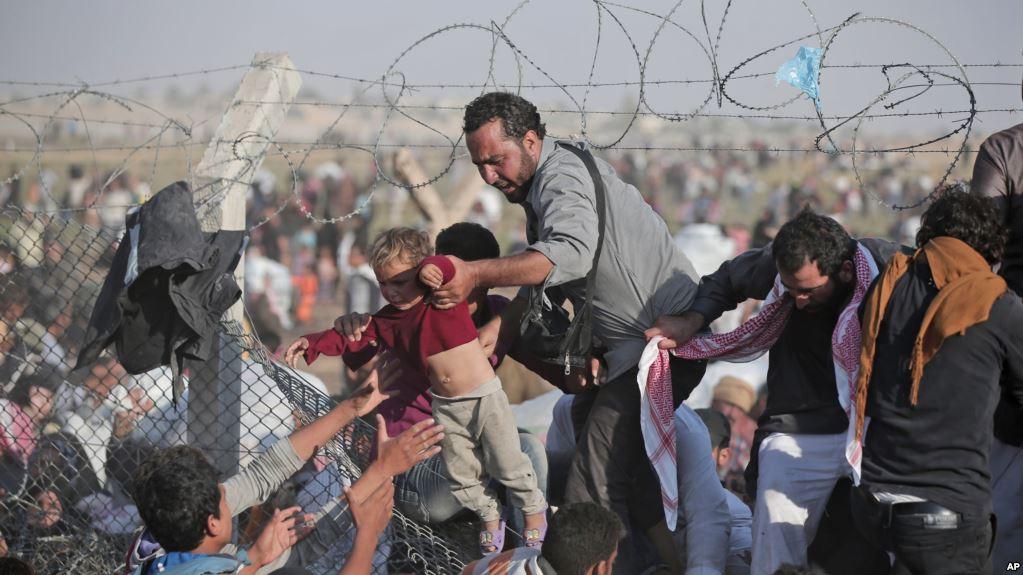60 percent of refugee children suffer from psychological problems
ANTALYA

Sixty percent of refugee children in Turkey have at least one type of psychological illness, according to Dr. Veysi Çeri from the Child and Adolescent Mental Health Department at Marmara University’s Pendik Training and Education Hospital.
“Research carried out in Turkey and around the world shows that a majority of refugee children generally suffer from psychiatric illnesses,” Çeri told state-run Anadolu Agency on the sidelines of the 10th International Congress on Psychopharmacology and the 6th International Symposium on Child and Adolescent Psychopharmacology, held in the Mediterranean province of Antalya.
“We have conducted four studies since 2014, covering children aged between 7 and 17. The combined results from those works show that 60 percent of those children have at least one type of psychiatric illness. The most common problems among refugee children are post-traumatic stress disorder and depression,” Çeri said.
According to Çeri, children suffering from stress disorder and separation anxiety do not want to leave their homes to go to school.
“Even if they attend school, many cannot concentrate in class because such problems affect their mental abilities. Some of the children are also bullied and insulted,” he underlined, warned that people with anxiety disorders are at risk of seeking comfort in drugs and alcohol.
“If we do not treat these children at psychiatry services, we will end up having individuals who are uneducated, suffering from psychological problems, not speaking Turkish, and still living in our country,” Çeri said.
Çeri noted that Turkey hosts more than 4 million refugees and 1.5 million of those are children.
Language barriers
“Half of the 4 million refugees and at least 700,000 refugee children are suffering from psychological problems. Even if they go to the hospitals’ psychiatric clinics many are unable to express themselves because of language problems,” he added.
“The civil war in Syria has entered its eighth year and it may not end any time soon. That is why these issues must be considered and addressed through state policies. We do not need to reinvent the wheel. We just need to study how other countries that have had experiences with refugees have handled such matters,” Çeri said.
Specifically, he proposed opening specialized psychiatry clinics for children in the areas where refugees live.
“Volunteer psychiatrists, psychologists, social workers, and child development experts who are familiar with the culture of refugees could work at those clinics,” Çeri added.
















